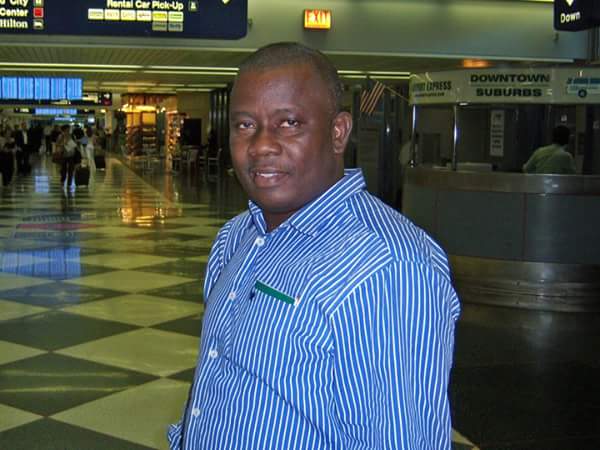Andrew Efemini
A state is either strong or weak. A strong state is not a state that displays armaments like North Korea. As we can see, North Korea has succumbed to sanctions because of the limitations in its strength. It is now ready to discuss denuclearization of the peninsula.
The Great Ake insisted that the pervasive presence of the instruments of state coercion is not necessarily a sign of a strong state. To the contrary, we may actually be dealing with weak states.
With the killings in Plateau, Bornu, Zamfara, Benue, Kaduna, Rivers, Taraba, Lagos, Delta, etc. States, we need to take a second look at the strength of the Nigerian state.
The evidence on ground embarrasses our sense of humanity due to the magnitude of the mayhem in the different parts of the country; destruction of lives and properties at a scale known only in war-ravaged societies. Maybe there are ‘wars’ going on in Nigeria.
One of the signs of weak States is the inability of the coercive power of the state to mediate and control violence within its territory. As a matter of fact, the state now shares its coercive space with overtly militarized groups; Boko haram, herdsmen, militants, cult groups, armed robbers, etc.
These combined groups have weakened the Nigerian state and reduced its mediatory capacity. As it stands today, we are beginning to question whether the state can efficiently guarantee or protect lives and properties of citizens.
This anxiety is further fueled by insufficient policing of the population. There are too many soft targets in Nigeria; schools, markets, churches, mosques, etc. that are easily attacked. There is little hope that in the present circumstances we can ever secure the country.
If the Nigerian state cannot rely on coercive power to provide security it must have to rely on other elements or characteristics of the state. A crucial element of the state we need to focus on is the presence of government.
Every state must have government and the quality of government influences people’s loyalty to the state. The quality of government, in turn, creates the environment for peace or war.
Government has the duty to change the social and political narrative away from violence. The government has the duty to color the conflicts in the country. Conflicts we know are inevitable but killings as a manifestation of conflicts are avoidable.
A democracy should resolve deep-seated animosity leading to the type of violence we are witnessing in Nigeria. We can infer that our politics need fine tuning if we are to end the animalistic barbarism going on in our country.
Unfortunately for us the crisis we are having today, is linked to the historical failed state-building project. Are we ever going to reposition Nigeria to avoid carnage? Your answer is as good as mine. On an optimistic note, let me say yes we can.




